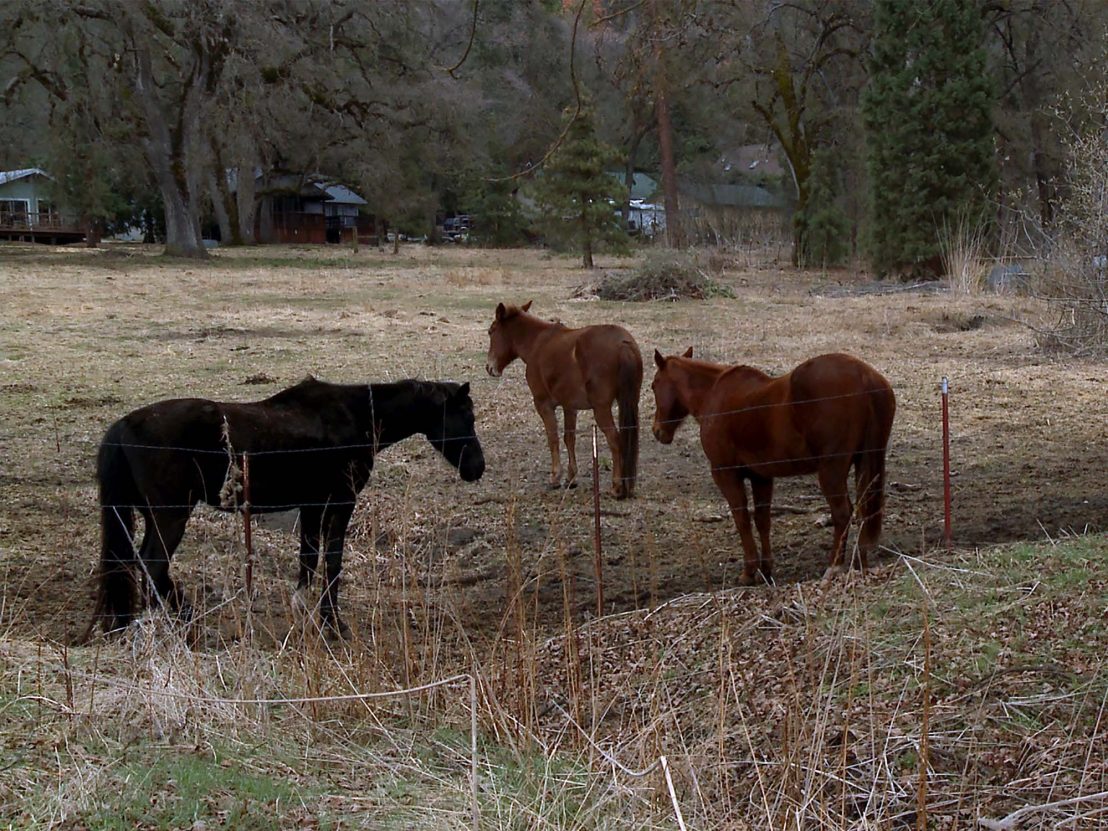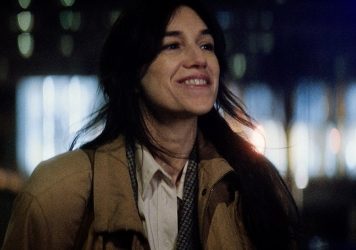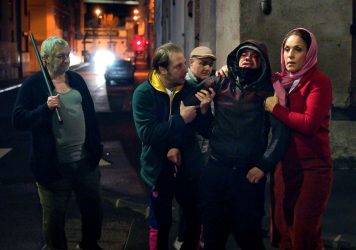
A documentary master presents an updated portrait of the USA, drawing on his previous version first released in 1975.
Arguably America’s most revered landscape filmmaker, James Benning’s latest is an update of the director’s 1975 film The United States of America, in which he undertook a road trip from New York to Los Angeles with Variety director Bette Gordon.
Filmed just before the US withdrew from Vietnam, Benning and Gordon mounted a 16mm camera to the backseat of their car to capture their journey across the States. This time, instead of a straightforward road trip, Benning explores his homeland through a sequence of 54 two-minute static shots – one for every American state plus the District of Columbia and Puerto Rico.
Presented in alphabetical order, starting in Heron Bay, Alabama and ending in Kelly, Wyoming, these rigorously composed vignettes afford the sedentary viewer the opportunity to experience the diverse beauty of the vast American landscape. This premise might sound simple, but Benning’s patient approach asks us to question the quiet insinuations of his deceptively basic compositions, with the director capturing both these physical spaces and the histories they aggregate.
From a mountain range destroyed by an active salt mine, or a makeshift village of tents under a busy highway, to how the distant hum of traffic interrupts the serene beauty of a quiet fishing spot, Benning has created a complex portrait of a nation irremediably marked by environmental degradation, wealth inequality and racial divisions.
For newcomers, Benning’s mathematical precision and rejection of traditional narrative modes can feel quite intimidating, but unlike his minimalist works like 13 Lakes or Ten Skies, which challenge the audience to think about their relationship to the environment through immersion and duration, The United States of America provides the viewer with something to work with.
Similar to how the car radio in his 1975 film provided information about the worsening situation in Vietnam, these static shots are punctuated with a curated selection of songs and sound bites. From dairy cows grazing to the folksy sound of Woody Guthrie’s ‘This Land is Your Land’, a song which has gone from being heralded as an alternative national anthem to being criticised for espousing the ideologies of manifest destiny, to a rousing interview with Stokely Carmichael who talks about the importance of building a movement for the Black community against the backdrop of a cotton field, the film speaks of the glorious possibilities, misplaced Edens and violent histories that have helped buttress the myth of American exceptionalism.
Shot during the Covid-19 pandemic, you’d be forgiven for questioning how a director well into his fifth decade of filmmaking has managed to travel the length and breadth of the country to collect these images; and you’d be right. The film finishes with a surprisingly mischievous coda, one that not only speaks to the power of montage and the playful humour that underpins Benning’s work, but which forces the audience to reassess what they’ve just watched in an entirely new light. In his quietly subversive Covid-era documentary, Benning offers a wry, yet searching look at an America united not by its principles of opportunity and equality but by its limitations and failures.
Join our community of film lovers and support our independent journalism
Become a memberPublished 14 Feb 2022

This aimless and thin family portrait set in ’80s Paris is boosted by an affecting turn from Charlotte Gainsbourg.

Peter Strickland serves up a helping of culinary chaos in his suitably strange fifth feature film.

The latest from French filmmaker Alain Guiraudie is an eccentric urban farce combining true love and terrorism.